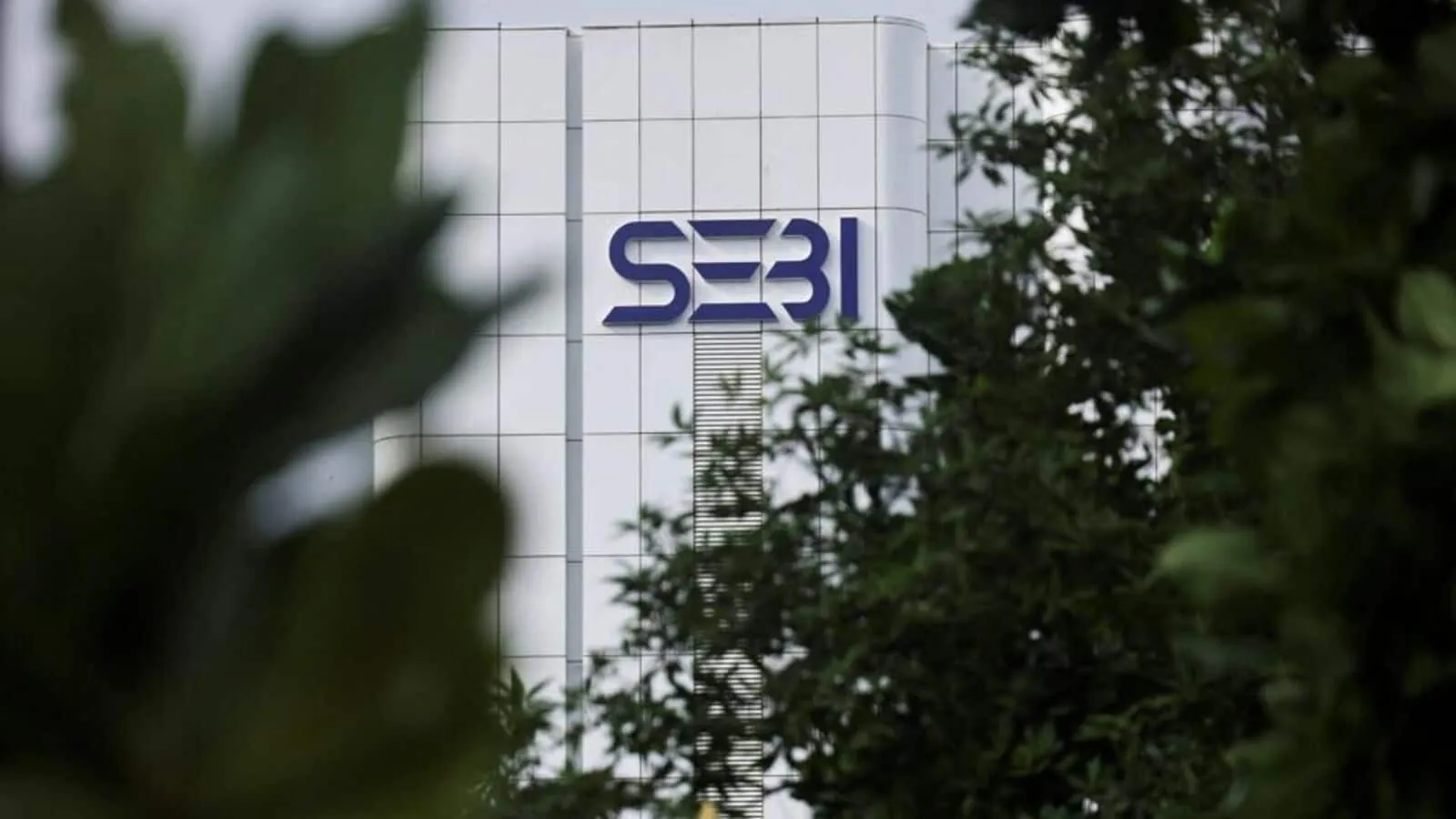Experts flag gaps in Sebi’s speedy dispute resolution plan

In a 21 April consultation paper, the Securities and Exchange Board of India (Sebi) proposed overhauling how securities market disputes are resolved, promising faster timelines, stricter accountability, and direct arbitration.
Sebi has proposed to extend the ODR portal, which previously applied to market infrastructure institutions (MIIs) such as stock exchanges and clearing corporations, to depositories.
If the proposal goes through, the regulator has asked the MIIS to jointly develop a standard operating procedure (Sop) for the operational aspects, like filing procedure, payment mechanism, etc., for the common ODR portal within two months of the circular coming into effect.
Direct arbitration
In a major change, the regulator has proposed to offer a direct arbitration mechanism for resolving disputes in certain cases with claims of ₹10 crore or more and those with legal or technical defects. The new mechanism seeks to bypass lodging a grievance with the concerned market participant and escalate it to Sebi’s SCORES platform if unresolved.
Nishant Shah, managing partner and chief executive of Jonosfero International LLP, backed the time-bound approach, saying: “Financial markets crave certainty. This establishes the conceptual necessity of tight timelines.”
With deadlines tightening across the system, “there is no reason to believe these proposals will be impractical,” he added.
Mandatory deposits
Sebi’s suggestion to make it mandatory for market participants to deposit 100% of the amount if they wish to challenge the arbitral award in court has divided opinion.
“It discourages frivolous contests,” Shah said. “Genuine appellants may even welcome the show of confidence in their appeal by the placement of the deposit.”
Others worry it could price out retail investors.
“This requirement could prove especially burdensome in cases where the investor is the claimant seeking recovery… and the market participant is compelled to bear the upfront cost of defending an appeal,” said Akshaya Bhansali, partner at law firm Mindspright Legal.
She flagged another issue: The complexity of determining disputed values in cases involving depositories “raises practical concerns around implementing a rigid deposit threshold”.
To be sure, disputes with depositories often don’t involve clear or straightforward monetary claims, as they could arise from an erroneous transfer of securities, failure to credit bonus shares, etc.
She stressed the need for due process, adding: “Adequate safeguards must be in place to ensure that the dispute resolution process remains fair, balanced, and thorough… The objective should be to strike an appropriate balance between timeliness and the delivery of equitable outcomes.”
Ravi Prakash, associate partner at law firm Corporate Professionals, recommended a flexible approach to mitigate access concerns. “A graded deposit or bank-guarantee option for awards below ₹1 crore would better balance deterrence with access to justice,” he said.
Contractual vs regulatory disputes
The paper also attempts to draw a line between contractual and regulatory disputes, clarifying that the ODR framework will not cover the latter.
However, experts point out a lack of a formal test or review body to adjudicate grey zones, as the distinction between the two kinds of disputes is nuanced.
“This distinction is critical to ensure that the dispute resolution mechanism is not misapplied… and neither time nor resources are wasted,” Bhansali said, urging for preliminary assessments and standardised criteria to avoid jurisdictional confusion.
She referenced the 2020 crude oil futures incident, in which Sebi faced backlash after regulatory disputes were mistakenly directed to arbitration. Triggered by an unprecedented negative pricing event on the Multi Commodity Exchange of India Ltd (MCX), the incident resulted in steep losses for brokers and investors. It highlighted the consequences of ambiguous dispute routes.
Assigning disputes
Sebi’s proposed tweaks include a market-wide round-robin system to assign investor complaints to institutions empanelled by MIIs for an unbiased allocation of disputes across the system.
To avoid conflict of interest, the regulator has proposed that disputes involving depositories will not be assigned to their own empanelled institutions under the round-robin system. Instead, such cases may be redirected to a rival institution’s panel.
Prakash suggested that instead, “empowering an independent body, rather than MIIs, to pick panels would provide stronger comfort.”
“There remains a residual apprehension… that institutional deference may influence the neutrality of arbitral or conciliation proceedings,” Bhansali said.
The paper also includes a 21-working-day conciliation deadline, with an optional 10-day extension. If unresolved, parties move to online arbitration.
Prakash found the deadlines workable for simple matters but urged adaptability. “Complex, multi-party or tech-heavy matters will still need flexibility,” he said, recommending a phased roll-out.
Positive step
Despite the concerns, many see the paper as a positive step, particularly in resolving system-failure disputes.
Prakash pointed to provisions like digital filings, video hearings, and a 30 (+30)-day award deadline as “materially shortening” such cases.
Jyoti Prakash Gadia, managing director at investment banking firm Resurgent India, said the shift would lead to “speedier resolution of disputes with greater clarity and accountability for each participant”.
He emphasised that the new requirements, such as timelines, deposits, and empanelment norms, are not impediments but “necessary steps to strengthen market discipline and legal conformity”.
The paper is open for public feedback until 12 May.








